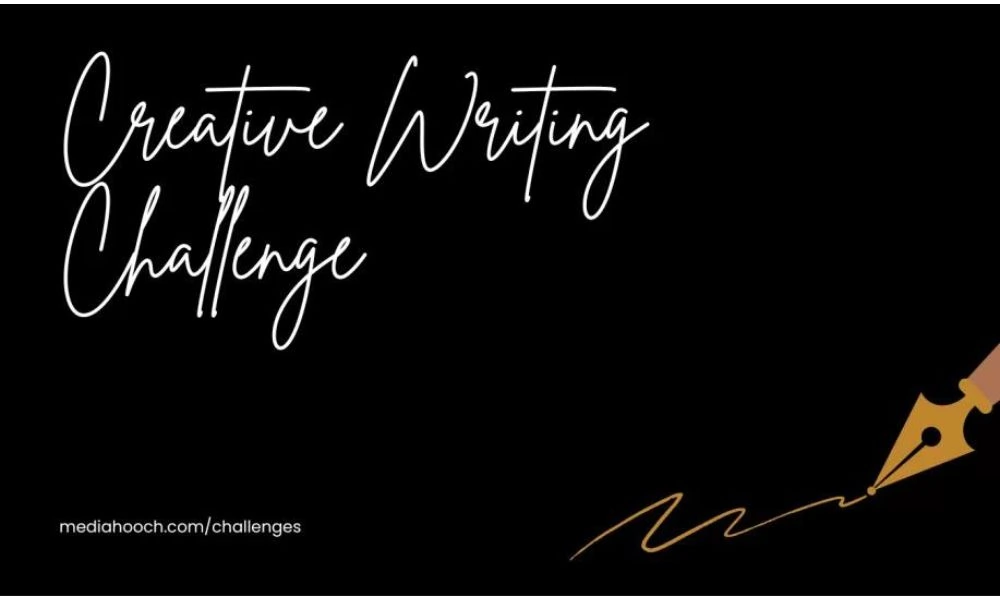Stress management skills are highly needed in our everyday lives because the body isn’t robotics in nature that has no feelings. There is a limit to what the body can do without burning out physically, chemically, mentally, or emotionally. The burnout period is termed stress. Therefore, the body undergoes stress when placed under unbearable anxiety and unrest. In addition, there are a number of ways of naturally reducing stress.
As a result of increased demand from jobs, family, friends, and the environment. Everyone experiences some level of stress depending on individual body resilience. Unfortunately, the stress in itself can’t be eliminated but rather managed. Hence, stress management skills are a necessity for healthy living.
What Are Stress Management Skills?
It’s the collection of approaches and programs aimed at assisting people in dealing more successfully with stress in their life, by identifying specific stressors and taking proactive steps to reduce their effects.
Extreme stress affects the body negatively. It often leads to immune system breakdown, distorted emotional coordination, poor reasoning, anxiety, anger, and cardiovascular diseases. It further increases adrenaline response (Flight/flight) and hinders a productive life. However, stress management skills serve as the essential techniques required to keep the chronic level of stress under control and improve your daily living.
Stress Management Techniques
1. Self-Analysis Technique Helps Reduces Stress
To effectively keep your stress level under control you must study and understand your emotions. What are the activities that trigger pressure in you? How do you react to sudden changes in activities?. The results achieved from self-analysis serve as a road map for you when applying stress management skills. Knowing your stress triggers empowers you to balance your life schedule to further regulate stress.
2. Relaxation Techniques
Relaxation is a natural method of controlling stress. It coordinates the mind and counter body pressure. Frequent relaxation keeps heartbeat rate low and regulates blood pressure. Fun when combined with mediation music like the new-age genre. Forms of relaxation techniques include belly breathing, mental visualization, meditation, and yoga.
Belly Breathing
Constant belly breathing disengages the mind from stress, also known as abdominal breathing. This process involves the intake of long slow breaths and exhales repeatedly. Preferably, five seconds before exhaling.
Visualization
Visualization is an effective stress management skill that utilizes the body’s imaginative faculty. It’s advisable you learn to take time off your daily activities at least 20 minutes to engage your imagination. Begin by creating a mental picture of things or places that portray serenity, love, happiness, and peace.
Ensure your mind remains focused – best done in a distraction-free zone. Your mental picture could stem from places you’ve visited in time past, or lovely experiences you had or may have read about. Mental imagination calms the body with inner peace.
Meditation
Over the years the act of mediation has been tagged spiritual. However, this helps the body exhale stress. In a real sense, meditation is the act of fixing the mind in the present while sitting comfortably without drifting into the past or future. This method helps combat anxiety, depression, and pain which are all side effects of stress. Meanwhile, it requires constant practice to experience transformation.
Yoga
Yoga is an ancient art that combines a series of body movements and posture with rhythmic breathing. As crazy as it seems, it goes a long way in offering mental focus. However, some people still feel yoga is risky and shouldn’t be practiced. In contrast, its benefits are more compared to the risk involved in its mode of operations. Endeavor to take a series of yoga classes and a private tutor to guide you through.
3. Healthy Living Technique
The body burns out quickly when its immune system is weak, having low defense. Hence, a healthy lifestyle is one of those stress management skills that boost the immune system which in turn regulates the body’s stress.
Exercise
All forms of exercise either aerobics or yoga, pump up endorphin hormones (feel-good hormones) in the brain and also disengage the mind from daily worries. Ensure you engage in exercise that is suitable for you either running, walking, swimming, dancing, or climbing, depending on your preference. After exercising you’d feel relaxed with the feeling of satisfaction and happiness.
Balanced Diet
A nutritious diet counters stress by boosting the body’s immune system, lowering blood pressure, stabilizing sugar levels, and enhancing the secretions of serotonin— A brain-calming chemical. Examples of stress reduction diet include pasta, cereals, whole-grain bread, oranges, spinach, avocados, almonds, milk fatty, and black tea
Proper Sleeping Habit
The body needs enough sleep to aid the brain and mind to relax better. While sleeping the mind immediately disengages from the chaos of life and worries. Afterward, your body gains stamina and concentration to handle the perplexing task at hand in the best way. It’s detrimental to your health when you deprive your body of good sleep.
Drugs
Drugs are in various forms. So while there are drugs that help reduce stress there are other forms that can increase stress. Stress-increasing drugs should be avoided like alcohol, cigarettes, and marijuana, among others.
However, sedative and antidepressant medications like diazepam, and triazolam, are recommended for stress reduction. They help combat anxiety, tension, and depression. Meanwhile, it should be taken based on medical prescriptions.
4. Organization Techniques Help Reduce Stress
A life without order is set to crash soon. This is because it becomes problematic to handle stress and stay healthy while going through daily activities. The body burns out fast when we attempt to merge numerous activities. To effectively organized your schedule check out the following:
Time Management
Being time conscious helps you set your activities based on the order of preference and plan your activities. However, become disciplined to stick to your setlist. Meanwhile, tedious tasks should be given more time compared to those that are less tedious. Furthermore, ensure to erase unnecessary activities with a low value from your schedule.
Reduce Distraction
Noisy environments promote distractions, make one lose focus on whatever is done at that moment, and distort mind coordination. Forcing the brain to concentrate in a noisy atmosphere often results in stress. The best way to combat this is by distancing yourself from a noisy environment when you have a task at hand to complete. In addition, cultivate a no distractions policy in your working space.
5. Practice Social Connection Techniques
Those with strong social support are less vulnerable to stress. Therefore, how connected are you to others? Humans by nature are social beings and derive some sense of motivation and inspiration when they interact with others. Interaction creates a conducive atmosphere to communicate your feelings— This could be rejection, sadness, frustrations, or depression.
Therefore, connecting with others is one of those stress management skills you shouldn’t hesitate to practice. When you do this your body attains internal and external peace.
Time Out With Friends and Family
The most effective way of dealing with stress is by engaging in adventurous activities with loved ones. During this period the brain produces feel-good hormones (endorphin). This is because you’re around those who love and value you. In the process, you get to share your problems with a listening ear that provides you with advice and support.
Engage in Your Hobbies
Don’t abandon your hobbies, instead, whenever you feel overburdened, retire from your regular activities and engage in the things that make you happy. You can do this alone or with friends depending on your preference. Things that ignite happiness in us are effective tools to disengage the mind from current problems.
Stay Motivated
Motivation helps in building your body’s resilience and reconstructing the mind’s cognitive ability to fight against stress. Staying inspired keeps your energy renewed. The Source of motivation varies from person to person. However, many derive inspiration from nature, books, audio, or role models.
Conclusion
Practicing stress management skills helps to boost your body resilience— the ability to recover quickly from depression, sickness, pain, and disappointment. Similarly, Learn to be in charge of your emotions. In addition, profitless activities shouldn’t get your attention instead be disciplined to set your mind on important activities.
Lastly, what are your best stress management skills?




























0 Comments